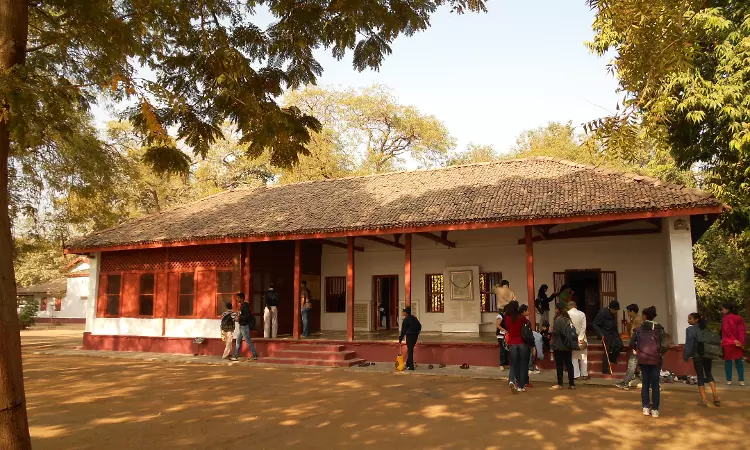Mahatma Gandhi Ashram Redevelopment: Gujarat High Court Rejects Appeal By Former Residents Challenging Compensation
Bhavya Singh
10 April 2024 2:15 PM IST

Next Story
10 April 2024 2:15 PM IST
On Monday, the Gujarat High Court rejected the appeal of two former occupants of the Sabarmati Gandhi Ashram complex, who had raised objections regarding the compensation they were provided for relocating from their homes as part of a redevelopment initiative.The petitions filed by Jayesh Vaghela and Karan Soni, residents of the ashram premises, were rejected by the division bench...
